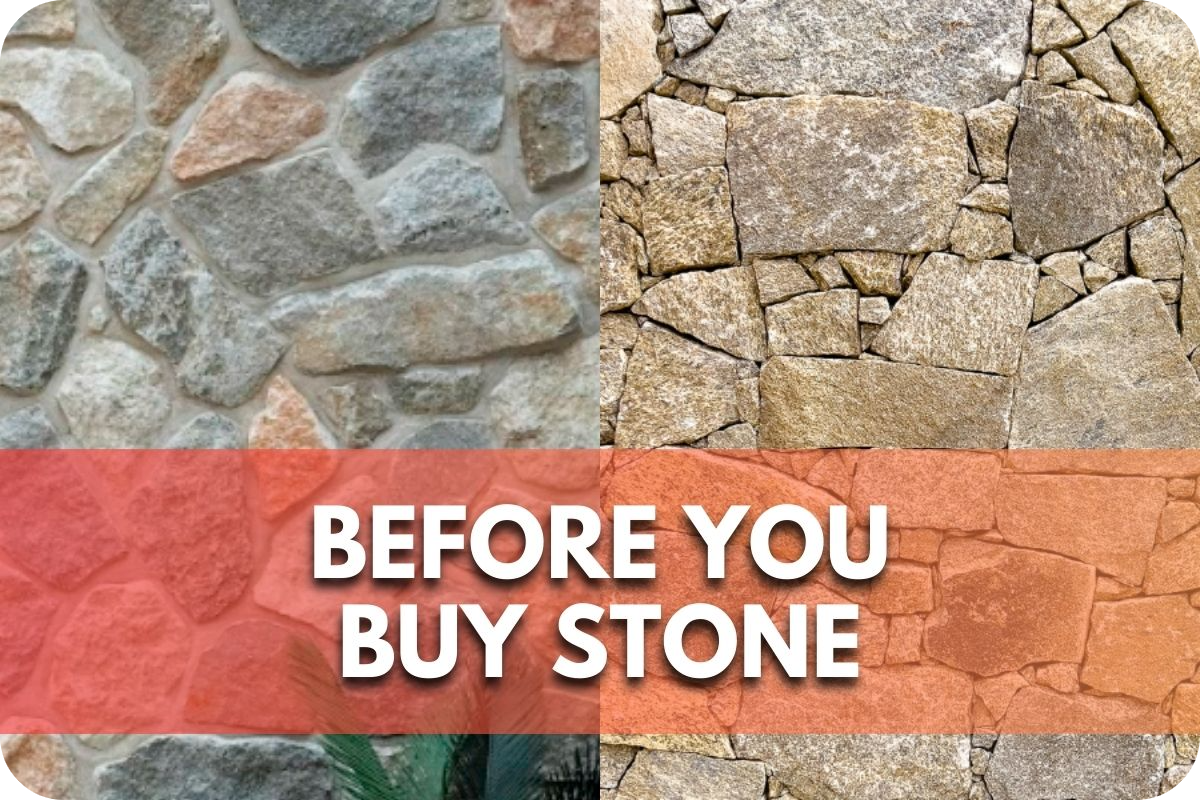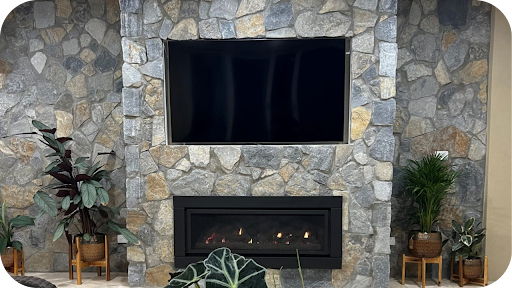
Selecting the right stone for your project can be daunting, with numerous types and suppliers available.
Choosing incorrectly affects aesthetics and can lead to costly mistakes in terms of quality and compatibility with your needs. This risk is heightened by the complexity of options and potential misinformation.
This article outlines essential questions you should ask stone suppliers to ensure you make an informed decision. You can confidently select the best stone for your needs by arming yourself with the right information.
Product Quality and Selection
Evaluating product quality and selection is essential when purchasing stone from a supplier. This process ensures that the materials meet your specific project requirements aesthetically and functionally.
- Product Quality: Ask about the stone’s origin, as the geographic source can significantly influence quality. Different regions are renowned for certain stone types with unique characteristics and performance levels. Request details about the stone’s grade, which indicates quality based on factors such as porosity, mineral content, and visual uniformity. High-grade stones exhibit fewer natural flaws and offer superior durability, making them more suitable for demanding applications.
- Selection Range: Investigate the supplier’s variety of stone types. A robust selection can give you more choices in colour, finish, and texture, enabling you to find the perfect match for your project’s design aesthetic. Ensure the supplier consistently supplies the stone you want, which is crucial for projects requiring large quantities or future additions.
- Verification: Request current product samples or visit the supplier’s showroom to inspect the stone firsthand. This step is vital for verifying the material quality and aesthetic attributes like colour and grain, which can sometimes differ significantly from photographs or samples provided earlier.
Sourcing and Sustainability
When selecting stone, understanding your supplier’s sourcing and sustainability practices is crucial. This insight impacts your project’s environmental footprint and aligns with growing consumer demands for ethical and sustainable practices.
- Sourcing Practices: Inquire about the stone’s origins. Whether the stone is quarried locally or imported can affect both environmental impact and project costs. Local sourcing often reduces transportation emissions and supports local economies, while imported stone might offer unique aesthetics unavailable locally.
- Environmental Impact: Ask the supplier about the ecological measures they take in the quarrying and processing the stone. This includes water usage, waste management, and the rehabilitation of quarry sites. Responsible suppliers should have clear practices in place to minimise environmental degradation.
- Certifications: Look for sustainability certifications such as the Leadership in Energy and Environmental Design (LEED) or the Natural Stone Council’s sustainability standards. These certifications indicate compliance with various environmental, health, and safety standards.
- Ethical Practices: Discuss labour practices involved in the extraction and crafting of the stone. Ethical sourcing ensures workers are treated fairly, work safely, and receive proper wages.
Pricing and Cost Transparency
A clear understanding of pricing and cost transparency is fundamental when purchasing stone. This ensures that you are getting fair value and that no hidden expenses could affect your project budget later.
- Breakdown of Costs: Request a detailed breakdown of the pricing from your supplier. This should include the cost per square foot or slab, depending on how they price their materials. It’s essential to understand what is included in the price—does it cover just the stone, or are delivery and installation also included?
- Volume Discounts: Inquire if there are discounts available for bulk purchasing. This can be particularly advantageous for larger projects where the volume of stone required might qualify for a reduced rate.
- Additional Fees: Ask about any extra fees that might not be included in the initial quote. This could include charges for custom cuts, finishing, or special handling required for delicate stones. Understanding these extra costs upfront will help avoid surprises in the final billing.
- Payment Terms: Discuss the payment terms. Some suppliers require a deposit upfront, with the remainder due upon delivery, while others offer financing options or staggered payments based on project milestones.
Installation and Warranty
When purchasing stone, it’s crucial to discuss installation and warranty details with your supplier to ensure that both aspects meet your project requirements and provide adequate protection after installation.
- Installation Services: First, confirm whether the supplier offers installation services or if they can recommend trusted contractors who specialise in stone installation. If the supplier provides installation, inquire about the experience and qualifications of their technicians. It’s also important to understand the installation process, including preparation, expected timelines, and potential disruptions to your space.
- Warranty Coverage: Understand the specifics of the warranty offered by the supplier. This should include what is covered, such as defects in the material or issues arising from the installation process. Check the warranty duration and any conditions or limitations that may apply.
- Post-Installation Support: Ask about the support available after installation. This includes guidance on maintenance, repair services, or replacements if the stone has issues after installation. Knowing that there is reliable post-installation support can provide peace of mind.
- Documentation: Ensure that all warranty and service agreements are provided in writing. A documented agreement can help resolve potential disputes about the warranty or service commitments and clarify what actions are covered should you encounter any issues with the stone.
Maintenance and Care
Understanding the maintenance and care required for your chosen stone is essential to preserve its beauty and longevity. When discussing options with suppliers, make sure to cover the following critical aspects:
- Material-Specific Care: Different types of stone require different care routines. For instance, marble is more susceptible to etching and staining than granite. Ask the supplier for specific care instructions based on the type of stone you are considering. This should include recommended cleaning products and those to avoid, such as acidic cleaners that may damage specific stones.
- Sealing Requirements: Discuss the need to seal the stone, which helps protect against stains and water damage. Inquire about the frequency of resealing, as some stones may require more frequent treatment than others depending on their porosity.
- Daily Maintenance: Gain clarity on daily maintenance practices. Wiping the stone surfaces with a soft, damp cloth will suffice for daily upkeep. However, the supplier should recommend suitable cleaners that won’t harm the stone’s surface for more intensive cleaning.
- Long-Term Care: Consider the long-term care necessary to maintain the stone’s aesthetic, such as dealing with scratches or chips. Some suppliers may offer repair services or can recommend professionals who specialise in stone restoration.
Conclusion
Choosing the right stone supplier is pivotal for the success of your project. Before making a decision, conduct detailed inquiries on quality, sourcing, and care.
Don’t hesitate to ask tough questions to ensure your investment is sound.
Contact a trusted supplier today to discuss your stone needs and start your project with confidence.
More To Explore

Stone Cladding Suppliers Melbourne: How to Choose
The demand for natural stone cladding in Melbourne continues to grow, with homeowners, designers, and builders choosing it for its durability, elegance, and ability to

Natural Stone Wall Cladding for Sale: Buyer’s Guide
Natural stone wall cladding has become a popular choice in Australia, prized for its ability to combine strength with timeless beauty. It offers both decorative


